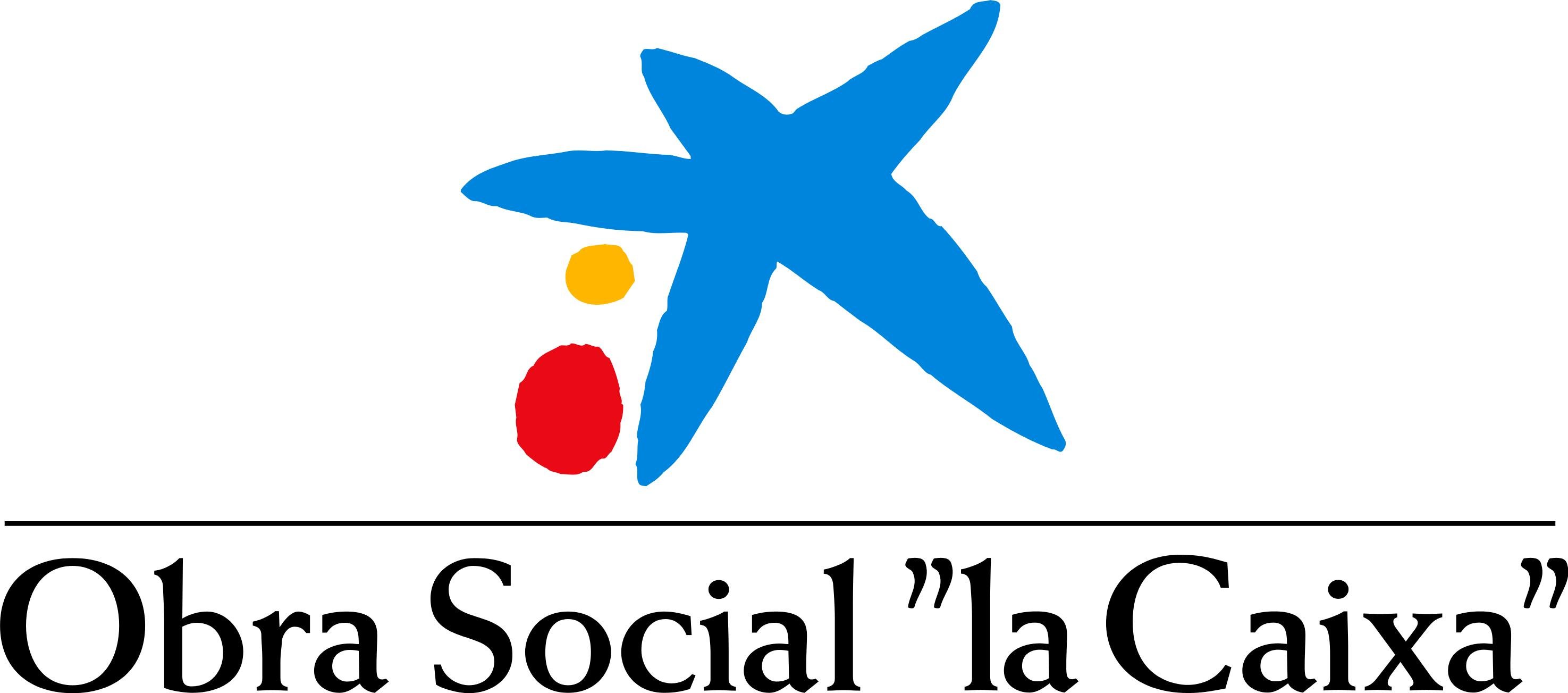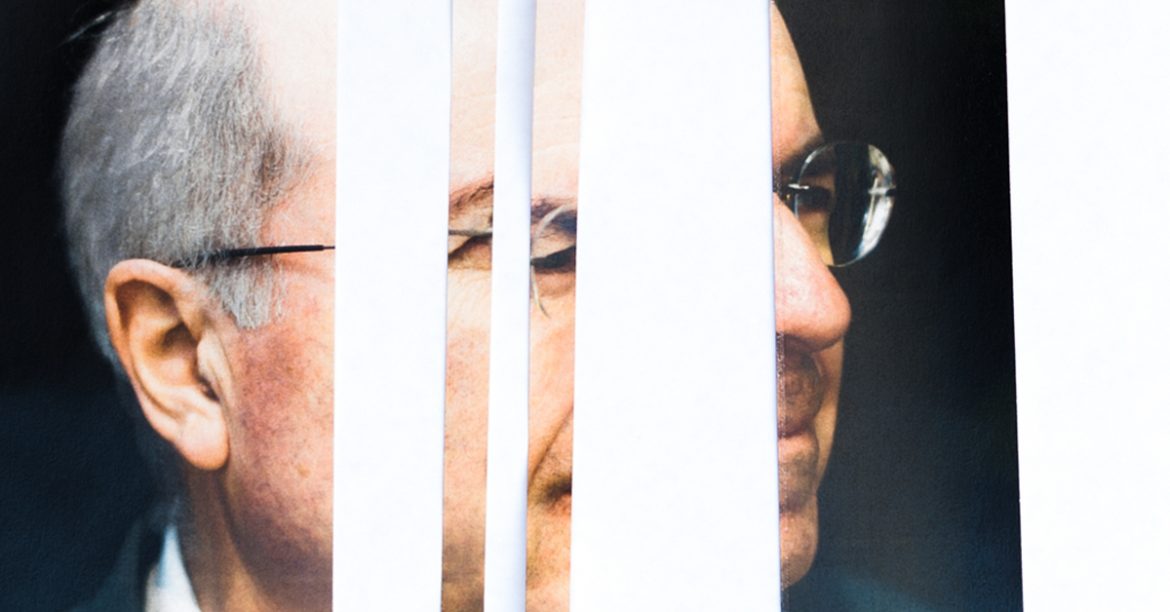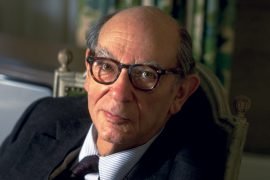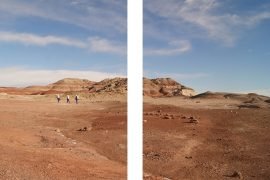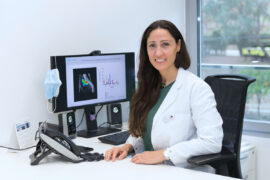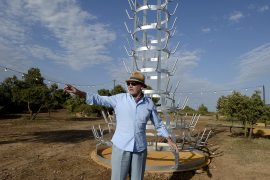Dr. Camí, you have been doing research for so many years, as general director of the Biomedical Research Park of Barcelona and Pasqual Maragall’s Foundation, can you tell us why this disease appears in some people?
We do not know the origin or the first causes. What is indisputable is that it is a neurodegenerative disease, in which an abnormal accumulation of proteins selectively destroys neuronal tissue.
How can we separate the first clinical symptoms from that forgetfulness we can all experience?
People who start having clinical symptoms ask about the same thing in the same conversation, for instance. And they do it with the vehemence of asking it for the first time, because they are not aware of their forgetfulness. That is why the one who usually alerts him is the family, not oneself.
What happens, in 2018, when someone is diagnosed with Alzheimer’s? Are you prescribed any treatment?
There are no curative treatments, only symptomatic. It’s like when you have a cold: you can lower the fever and decongest the nose, but there is nothing that can cut the cold in a day. With Alzheimer’s is the same: we can relieve depression and modulate behavior, among other symptoms, but we cannot stop the development of the disease. Regarding non-pharmacological care, we can apply cognitive stimulation guidelines, but its effectiveness is only relative. The most important thing is that there is someone willing to take care of you and accompany you.
And what can you tell us about music? In the Life Soundrack Project that was carried out with teenagers -and from which a documentary was made- the aged seemed to relive when they heard “the soundtrack of their life”.
Yes, it is very emotional. The long-term memory of what has been the music of your life does not disappear, like other memories. And, in the documentary, you can see that they are happier with the “music of their life”. Well, that’s a lot! If we can give them that happiness, we have an ethical obligation to provide it.
You defend that the sooner a person’s Alzheimer’s is diagnosed, the better.
For me it is an ethical issue to give the greatest number of opportunities to the person who starts to get sick, so that he or she owns many decisions that concern him or her and that need not be taken by third parties: how to manage him or her possessions, how he or she wants to be taken care of… his or her autonomy when he or she still has it.
This year, the Foundation turns 10 years old. What help have you been able to provide to the sick and their relatives during this time?
We do science. There is no other shortcut to help them. But science needs time. And the almost 3,000 people who participate altruistically in Estudio Alfa, promoted by Obra Social “la Caixa”, are aware that they are contributing to future generations more than to themselves.
In addition, also together with the Obra Social “la Caixa”, we support the carers, who are usually the spouse or, if there are children, it is usually the daughter, with groups led by psychotherapists to strengthen their emotional resources and their training, and so they can share their experiences. There is evidence that, if these people do not take care of themselves and report, they end up with physical and psychological consequences. And if they are not well, the sick either.
And in terms of scientific advances?
Basically, there are two: one, now we can say that the disease begins decades before the first symptoms, silently. And two, we are the first to conduct clinical tests with new drugs in people asymptomatic at risk. The results will take long, but we have moved unto the substance!
Why have we progressed so little in 100 years?
So far, the investigation has not been properly supported. And we know that there is a very close relationship between economic effort and results. Look what happened with AIDS. It is much more recent, but so many resources were employed that it changed from being a deadly disease to a chronicle one. That’s why our signature campaign for a future without Alzheimer’s makes sense. We are about to reach 100,000 names, in order to get governments to change their priorities.
What is your next goal?
Do research in primary prevention, focused on people who have not yet started the characteristic biological process of Alzheimer’s, to discover what we can do to reduce the likelihood of it appearing. I believe that we will achieve, before, reducing the number of people who get sick rather than curing those who are already in clinical phase. We need to bet on prevention. In addition, it begins to be very attractive and suggestive data saying that everything that is good for the heart is also good for the brain. That knowledge will allow us to draw guidelines and give advice.
And, are you optimistic?
Yes, we are close. Although the tests that we have started will not show results until 5 or 10 years, science sometimes give surprises, and can happen some unexpected findings that allow us to make a qualitative leap. In addition, there already have been successes in other fields such as cardiovascular diseases: just by the fact that one stops smoking, controls hypertension and diabetes, and that there are medications to regulate cholesterol, a radical reduction of cardiovascular mortality has been confirmed. That brings confidence. Working from the perspective of prevention represents a winning approach.
Interview: Ana Portolés
You can read more stories like this on ALMA, the social social media, a digital space devoted to the social field, which brings a new look at the present and the future of society, from an optimistic and diverse point of view, and from all the initiatives that “la Caixa” Foundation promote.

